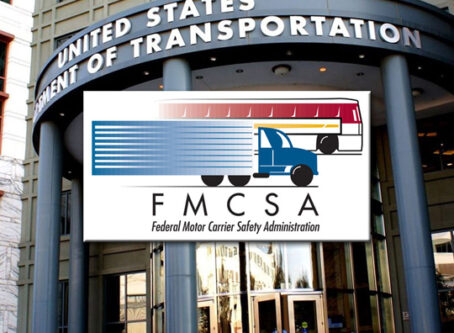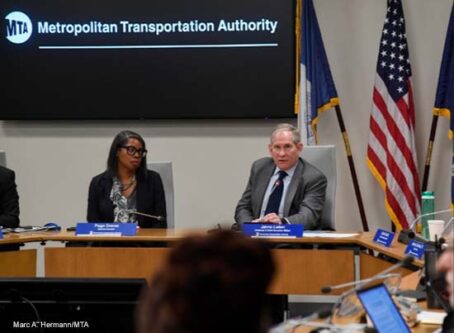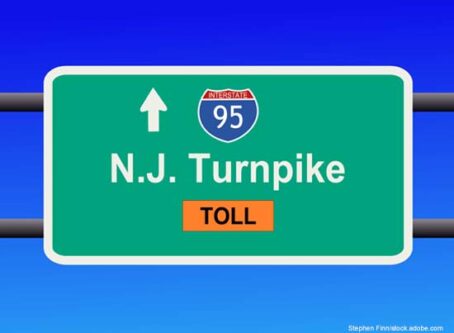Florida task force M-CORES report finds no ‘specific need’ for toll roads
Final reports for Florida’s M-CORES program, which establishes toll roads on three corridors, has been sent to the governor and suggest toll roads cannot be justified at this time.
On Thursday, Nov. 12, three task forces submitted their final M-CORES reports to Gov. Ron DeSantis. In 2019, the state legislature passed a bill authorizing Multi-use Corridor of Regional Economic Significance toll roads in three corridors. Part of that bill instructs the Florida Department of Transportation to have a task force for each corridor submit a report to the governor no later than Nov. 15. Those reports will guide the department throughout upcoming study phases.
All three reports came to the same conclusion: “The Task Force did not reach a conclusion, based on the information available at this time, that there is a specific need for a completely new greenfield corridor or modifications of existing facilities through the study area to achieve the statutory purpose.”
A “greenfield” corridor is a new road in an area where a road currently does not exist.
In other words, the M-CORES reports do not see the need for proposed toll roads. Rather, the reports express “a preference for improvement or expansion of existing major highway corridors.”
Furthermore, the reports encourage FDOT to consider a “no build” alternative until a final recommendation about each project is made. With not enough information available, each task force could not reach a consensus on any given project.
M-CORES directs FDOT to advance construction of regional corridors in three areas:
- Suncoast Connector, extending from Citrus County to Jefferson County.
- Northern Turnpike Connector, extending from the northern terminus of the Florida Turnpike northwest to the Suncoast Parkway.
- Southwest-Central Florida Connector, extending from Collier County to Polk County.
The purpose of the program is to revitalize rural communities, encourage job creation, and provide regional connectivity while leveraging technology, enhancing the quality of life and public safety, and protecting the environment and natural resources.
The final reports only state that it cannot conclude a need for the proposed toll roads. However, that does not mean the toll project is on hold.
Feasibility studies are scheduled to begin early next year. Additionally, the reports established recommendations and guidelines. How FDOT will apply the reports will not be clear until after it proceeds with process.
One of the provisions in M-CORES legislation requires constructions of the projects to begin no later than Dec. 31, 2022. Those corridors are to open no later than Dec. 31, 2030. However, many consider that construction start date too soon.
Florida Conservation Voters, a group protecting the waters and conservation lands, opposes the toll project. Lindsay Cross, Florida Conservation Voters’ government relations director, called the process “rushed,” saying M-CORES needs more data and meaningful public input.
No Roads to Ruin Coalition, another opposition group, says the final reports “are nothing to celebrate.” The coalition calls the process flawed.
“The governor and Florida Legislature based this on erroneous claims that the creation of unnecessary toll roads are the path to economic prosperity, safety, and environmental protection,” No Roads to Ruin Coalition said in a statement. “Spending any more time or resources on M-CORES comes at the expense of completing a backlog of water quality and transportation infrastructure upgrades that address current needs. Investing in outdated transportation and urban sprawl development models is an irresponsible approach for a state on the front lines of climate change. Florida’s rapidly growing population depends on the environmental and agricultural resources that will be destroyed if these roads are built.”
According to the coalition, 93% of the nearly 10,000 public comments submitted opposed M-CORES. The coalition is calling for a full repeal of the legislation in the upcoming legislative session. LL









